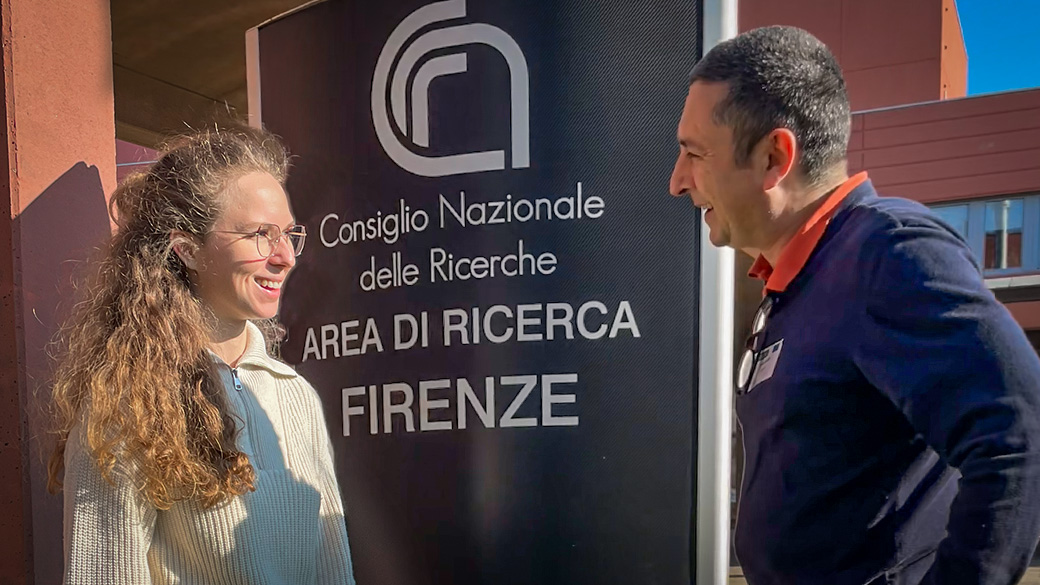Unveiling the secrets of marginal populations

The future of research is bright thanks to a new generation who disrupt established fields with unconventional thinking and cutting-edge methods. Their work paves the way for new discoveries and a deeper understanding of our world.
FORGENIUS continues its mission of providing a platform for these talented young researchers. In this talk, Project Coordinator, Ivan Scotti, met Adélaïde Theraroz, a PhD student at INRAE – UMR BIOGECO institute and University of Bordeaux in Bordeaux, France.
Can you tell us a bit about your current research and your role within the FORGENIUS project?
I’m currently in the final year of my PhD, supervised by Dr. Santiago González-Martínez and Dr. Marjana Westergren. My research is focused on the relationship between the marginality gradient of maritime pine populations and specific genetic indicators and the estimation of phenotypic selection gradients in maritime pine GCU.
Your recent work explores the significance of marginality in maritime pine. Can you elaborate on the potential implications of your findings for conservation efforts in the context of climate change?
Our research suggests that marginal populations of maritime pine, while exhibiting lower genetic diversity, may also harbour unique alleles with high value for conservation purposes. Additionally, we found reassuringly low levels of genetic load within these populations. However, based on our genetic analysis, we estimate that these populations are particularly vulnerable to the effects of climate change. This highlights the need for the development of specific management strategies to ensure their resilience in a changing climate. Furthermore, our work underscores the importance of differentiating between various types of marginalities, as this concept is often inferred rather than quantitatively measured in many studies. This research emphasizes the value of employing precise metrics when studying population marginality.
How do you expect the new datasets generated by FORGENIUS will contribute to your research?
In modelling, as with any scientific effort, the more data available, the more robust our predictions become. Therefore, I believe the datasets from FORGENIUS will be instrumental in refining our understanding of these populations.
Beyond the specific goals of your research, what motivated you to participate in the FORGENIUS project, and what broader impact do you believe the project will have on the field of conservation genetics?
As a PhD student, I find immense value in being part of a European research network. FORGENIUS has provided me with the opportunity to collaborate with a diverse group of researchers, an enriching experience that has expanded my perspective. The project fosters these collaborations, which will undoubtedly continue beyond the duration of my PhD. FORGENIUS is making a significant contribution to conservation efforts by generating crucial data on the adaptability and viability of various populations. This data is essential for the development of informed conservation management plans.
Follow the project on social media: @FORGENIUS_EU and subscribe to the newsletter!